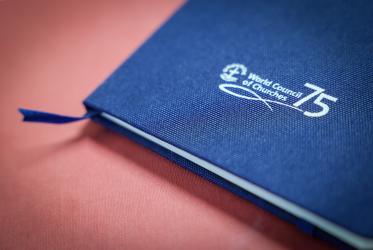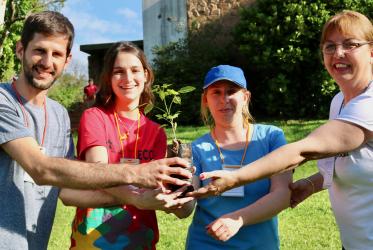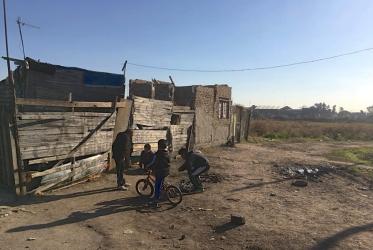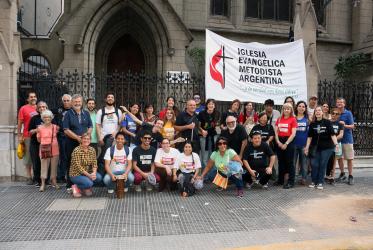Displaying 1 - 20 of 47
Migrants in Argentina find listening ears and open hearts
04 November 2022
In Argentina, stirring journey for human rights continues
01 September 2017
WCC mourns the death of Juan Abelardo Schvindt
24 August 2016
Churches help keep memories alive for Argentinian people
07 April 2016









